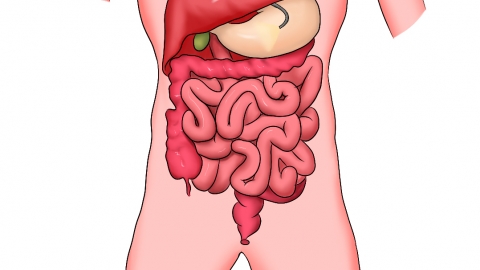Can I eat Chinese bayberries if I have intestinal metaplasia in the stomach?
Intestinal metaplasia generally refers to intestinal epithelial metaplasia. Whether the stomach with intestinal metaplasia can consume waxberries depends on the gastric symptoms and individual tolerance. A small amount may be consumed when the gastric condition is stable and can tolerate acidic foods, but it is not recommended when experiencing gastric discomfort or excessive gastric acid secretion. Detailed analysis is as follows:

If intestinal epithelial metaplasia is present but the condition is stable, without symptoms such as stomach pain, acid reflux, or bloating, a small amount of waxberries can supply vitamin C and dietary fiber. The citric acid contained in waxberries, when consumed in moderation, can stimulate secretion of digestive fluids, promote gastrointestinal motility, and will not significantly irritate the gastric mucosa, thus helping maintain normal digestive function.
If intestinal metaplasia is accompanied by symptoms such as stomach pain or heartburn, or if the stomach naturally secretes excessive acid, the citric acid in waxberries may irritate the gastric mucosa, leading to increased gastric acid secretion, worsening symptoms such as heartburn and acid regurgitation, and potentially damaging the already affected gastric mucosa, thus affecting the recovery process. Moreover, individuals with weak gastrointestinal function and poor digestion may find waxberries difficult to digest, easily causing bloating and abdominal pain. These individuals should avoid consuming waxberries.
For individuals with intestinal metaplasia of the stomach who consume waxberries, it is necessary to consider their symptoms and follow medical advice. After symptom relief, they may try consuming a small amount; however, consumption should be stopped immediately if any gastric discomfort occurs. Daily diet should mainly include light and easily digestible foods, reducing intake of irritating foods, and regular follow-ups are required to monitor disease progression.




